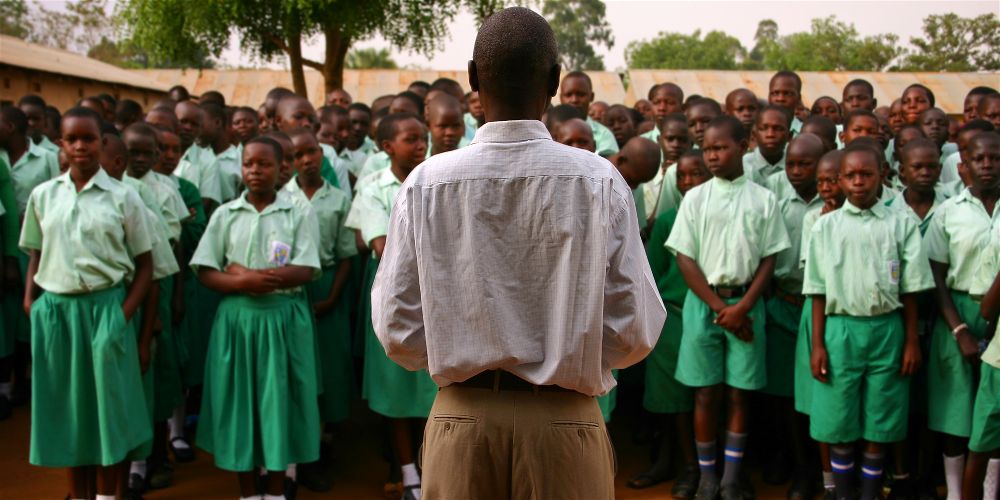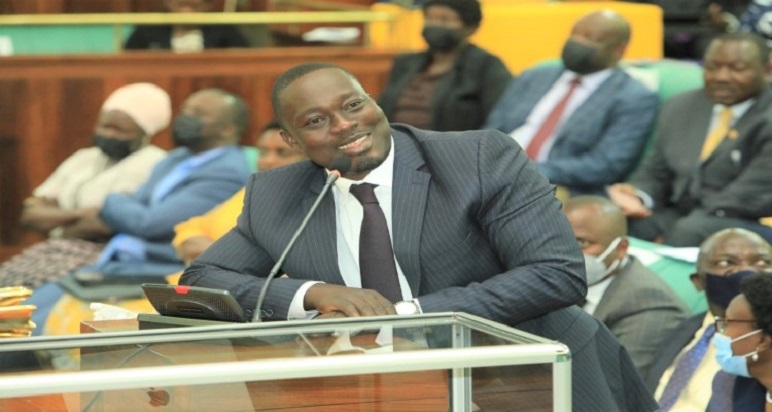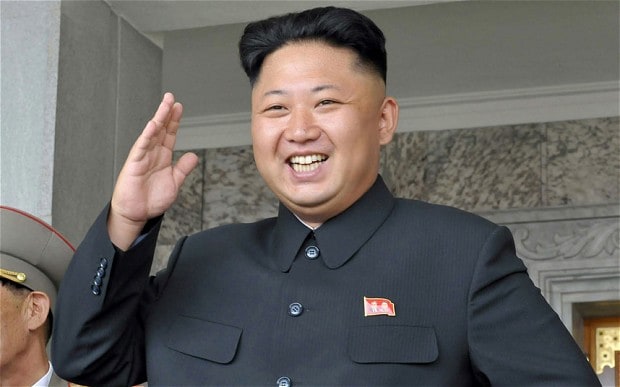The Education and Sports Committee of Uganda’s Parliament Thursday started considering a petition challenging high tuition and non-tuition fees charged by government aided schools.
Appearing before the Committee, officials from Initiative for Social and Economic Rights (ISER), a Civil Society Organisation appealed to MPs to expedite the inquiry to inform the school charges for the subsequent school calendar terms starting with term one of 2019.
It should be noted that in February 2017, ISER officials led by Executive Director, Salima Namusobya petitioned the Speaker of Parliament, Rebecca Kadaga demanding justification of non-tuition charges in government aided schools like development fees among others.
Now while appearing the MPs yesterday, Namusobya presented the general school fees structure for government aided schools for the 2018 three school calendar terms ranging between Shs800, 000 and Shs1.8m.
She tabled a photocopy of term three 2018 school fees circular from St. Henry’s College Kitovu for Senior Two students totaling to Shs1.065m. The circular highlights a breakdown of items being paid for including maintenance (Shs391, 600), feeding (300,000), Centenary Project Fund (Shs100,000), pastoral car (Shs35,000), school fees insurance (Shs35,000) and staff project (Shs40,000) among others.
ISER also tabled a 2017 Primary Two admission circular from Budo Junior School indicating payments totaling to Shs1.78m.
The payments include development and maintenance fees amounting to Shs400, 000, school uniform of Shs66,000 and school fees of Shs998,500 among other items.
Namusobya noted that as a result of these high fees, government aided schools are now a preserve of a few, who she said are mainly children from rich and wealth families with students from poor backgrounds unable to get admission in government schools due to high tuition and non-tuition fees.
She says high fees charged by government schools defeats the spirit of the country’s Vision 2040 Sustainable Development Goals (SDGs) of leaving no one behind.
Namusobya cited several grounds including Article 30 of the Constitution which provides a right to education and other government measures to extend education to Ugandans, noting that there is no basis for government schools to charge exorbitant fees from learners.
She blamed the Education and Sports Ministry for not being emphatic on following up the implementation of several directives for schools not to hike tuition fees.
Namusobya appealed that the Committee demands the ministry to give justification for the continued investment of colossal public resources into government aided schools that are charging similar fees as private schools.
The CSO also wants the Ministry to set and strictly implement the minimum cost that is supposed to be charged by government aided schools.
Education Committee acting Chairperson Sheila Mwine said that they will invite school head teachers and officials from the Education Ministry and other stakeholders before writing a report to Parliament.





